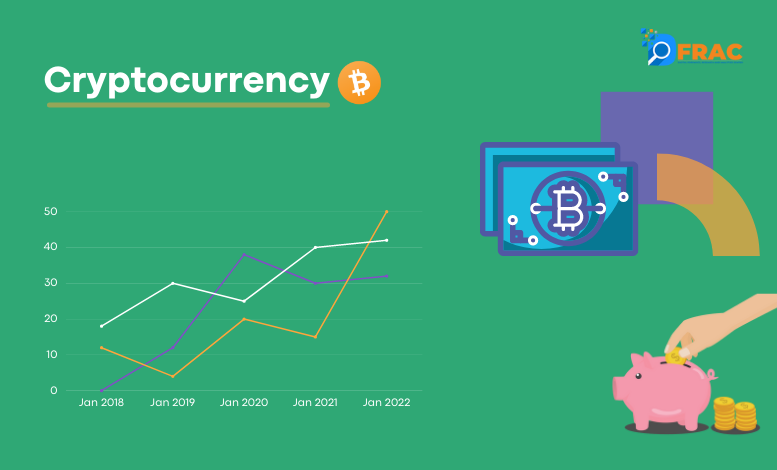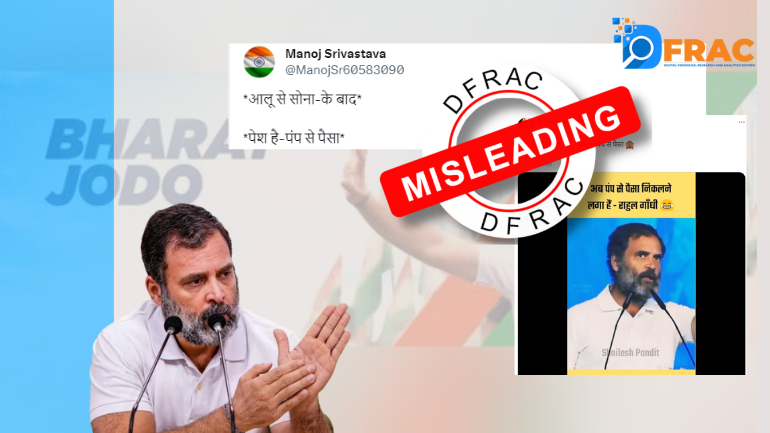News about the bitcoin price hike has been doing the rounds lately and it has made people wonder what exactly bitcoin is and the myths surrounding it.
Introduction
Bitcoin is a cryptocurrency, one of a pool of many others available today (Ethereum, Ripple, etc.), a virtual currency or a medium of exchange that employs cryptographic protocols that ensure the security and authenticity of transactions. Now, bitcoin as a cryptocurrency works on the concept of block-chain. Let us understand it through an example:
Let’s say you own bitcoin and you want to spend it on buying groceries. The use of printed currency is controlled and verified by a central authority, which is the Reserve Bank of India in our country. But bitcoin is not regulated by any authority, rather, transactions done in bitcoin are verified by a group of computers.
So when a crypto currency transaction occurs, the transaction information is recorded online as a “block” and then sent to this network of computers for verification. The verified block is then added to a chain that is stored on the net.
Furthermore, blockchain allows computer systems to distribute information, but not copy it. In this way, the probability of the same information (which is cryptographed with mathematics and therefore called crypto currency) from being sent twice becomes larger.
This is what makes cryptocurrency and its transactions ridiculously safe and not risky.
Crypto currency is still in its infancy and is widely misunderstood, giving rise to a lot of myths. This article aims to shed light on the facts behind the myths surrounding cryptocurrencies and blockchain technology, and tries to give an objective overview to the topic.
Cryptocurrency is not taxed
Yes, there is no central authority involved and no banks are involved. But this does not rule out that digital currency is being taxed. It is just any other transaction and you are taxed whenever you sell it or whenever someone pays you in cryptocurrency.
In India, when you trade in cryptocurrencies and make a profit, and if that profit exceeds Rs 10 lakh, you have to pay 30 percent on the profit. It is for short term gains where there is no minimum time period to hold the investment.
Cryptocurrency have no real money value
This is probably the biggest myth about cryptocurrencies as there are no physical assets backing them. However, those who trade in cryptocurrencies take for granted its inherent value, which has been supporting the system since 2008. As long as there are people who believe and understand the value of cryptocurrencies, they are here to stay.
They are illegal forms of digital money
Although the currency is banned in countries such as Bolivia, Russia, Algeria, Ecuador and Trinidad; European Union countries, G7 nations and the USA have made cryptocurrencies legal tender. The previous Finance Minister of India, Arun Jaitley informed in the Budget 2018-19 that Blockchain technology will be explored to promote digital and secure transactions. Cryptocurrency transactions are not banned in India and it is thriving.
Cryptocurrencies used for criminal and illegal purposes
While an incident from the Silk Road raid in 2013 revealed the use of millions of dollars in bitcoin for human and drug trafficking, the crypto currency is not yet regulated. Yes, some criminal cases record the use of cryptocurrencies to receive money, however, India has mandated KYC (Know Your Customer) procedures for trading in cryptocurrencies to reduce the chances of any illegal use of digital money.
Cryptocurrencies are easy to hack
Using a platform to trade in cryptocurrencies is like any other platform for trading. Where there is a facility to trade in crypto currency, securing security on those wallets is the only way to secure your wallet and enable secure transactions
There is only one giant blockchain in place
There isn’t at all. There are many blockchains. Blockchain is just a technology that meets various problems- they can be a public or private version of blockchain, open source or closed, etc. While one type of blockchain may back bitcoin, others may support other cryptocurrencies such as Ethereum, Ripple, etc.
Blockchain is a cloud-like database
It is important to remember that the blockchain is like a ledger- it only keeps a record of the transactions. In its entirety, it is the ledger that is backing cryptocurrencies and ensuring that transactions are secure, not repetitive and transparent. Blockchain cannot store any ‘files’. It only contains a code for the transaction.
Cryptocurrency is not accepted as payment
Cryptocurrencies arrived in 2008. Slowly and steadily, their virtues have been realized by those who are investing in it. Big companies like Microsoft, Fiverr, Dell and Expedia have started accepting Bitcoin. However, while buying cryptocurrencies is not illegal, cryptocurrencies are not recognized as legal tender in India. Meaning, it is not allowed as a payment option in India.
Cryptocurrency and its transactions are untraceable and anonymous
Blockchain, a public ledger keeps a record of everything. Anonymity exists, but in extreme cases, identifying users and their details is not a difficult task. Like any other platform, there is user anonymity, but it’s not absolute.
Blockchain has no commercial use
The fact is that the former Finance Minister, Shri Arun Jaitley called for exploring blockchain to promote digital transactions. Blockchains are true databases – they store information, keep it secure, permanently record and trace transactions and cannot be easily hacked.
In short, as cryptocurrencies are still an unexplored avenue in the Indian market, a little more knowledge about this topic can go a long way in helping investors take a call on whether they want to venture into the virtual currency space. If you are planning to buy any bitcoin or other cryptocurrencies, I suggest you weigh the pros and cons of investing very carefully regarding their uses and tax treatment in India before making a decision.
Also Read: Russia-Ukraine conflict misinfo abundance leads to panic buying in India





